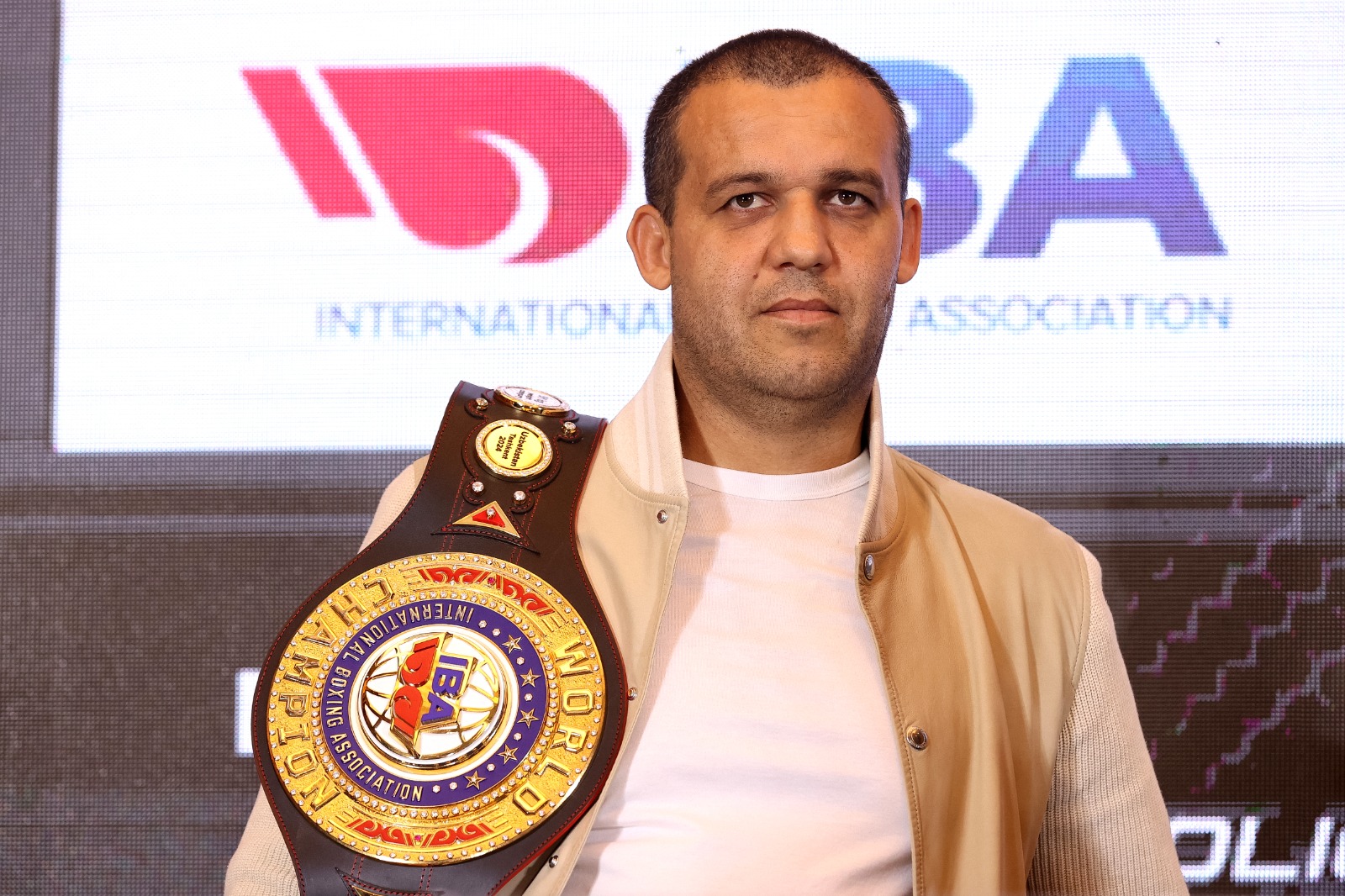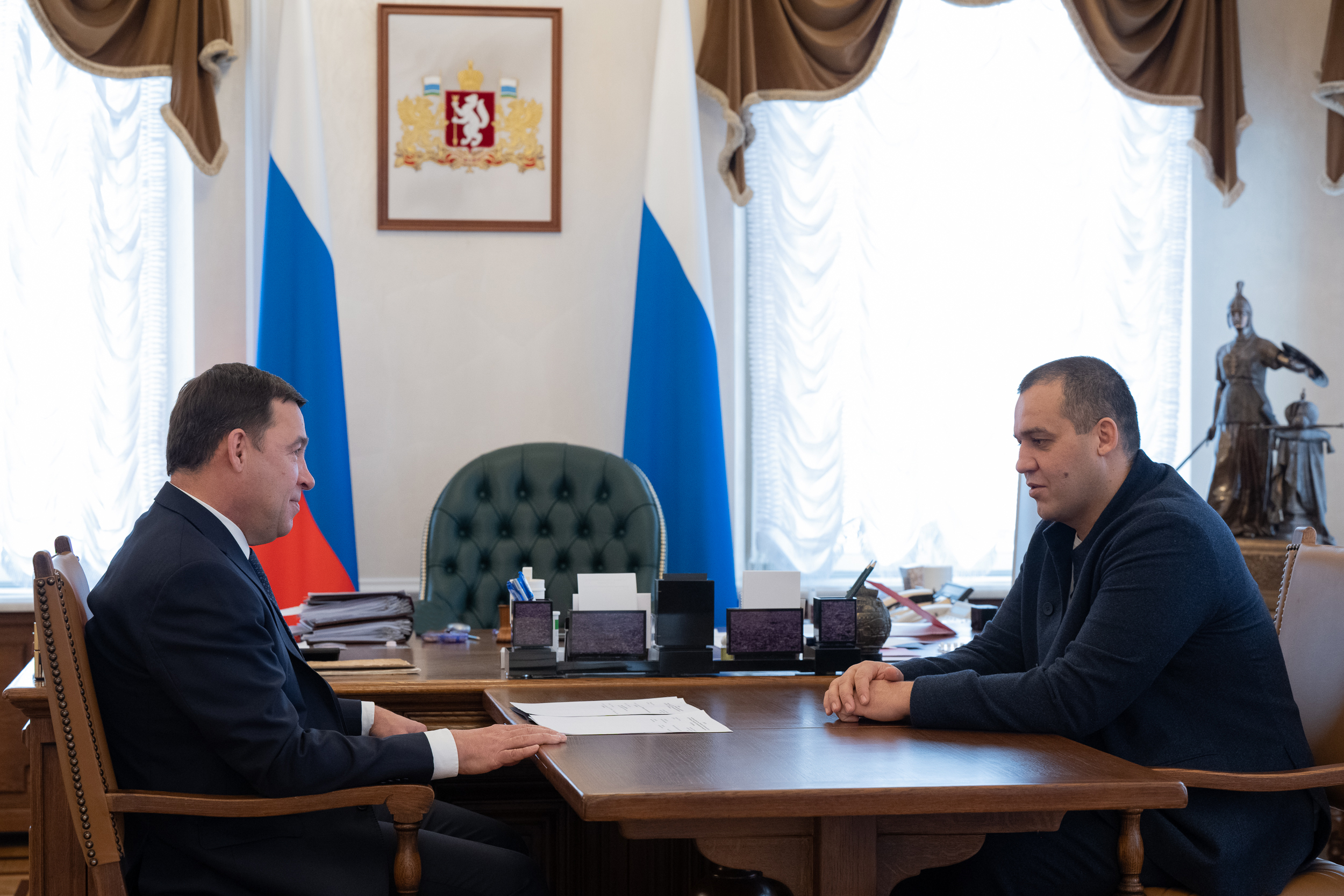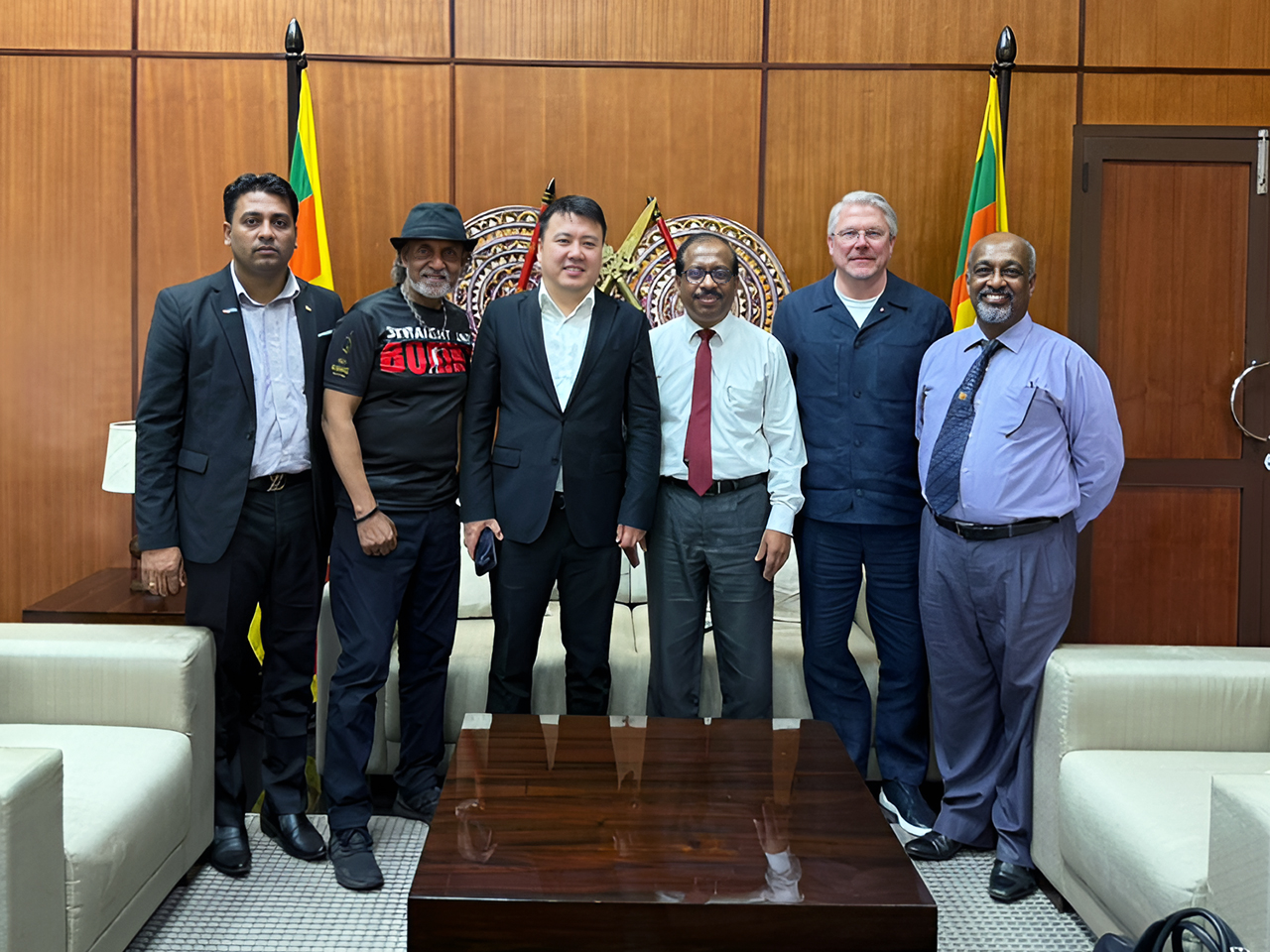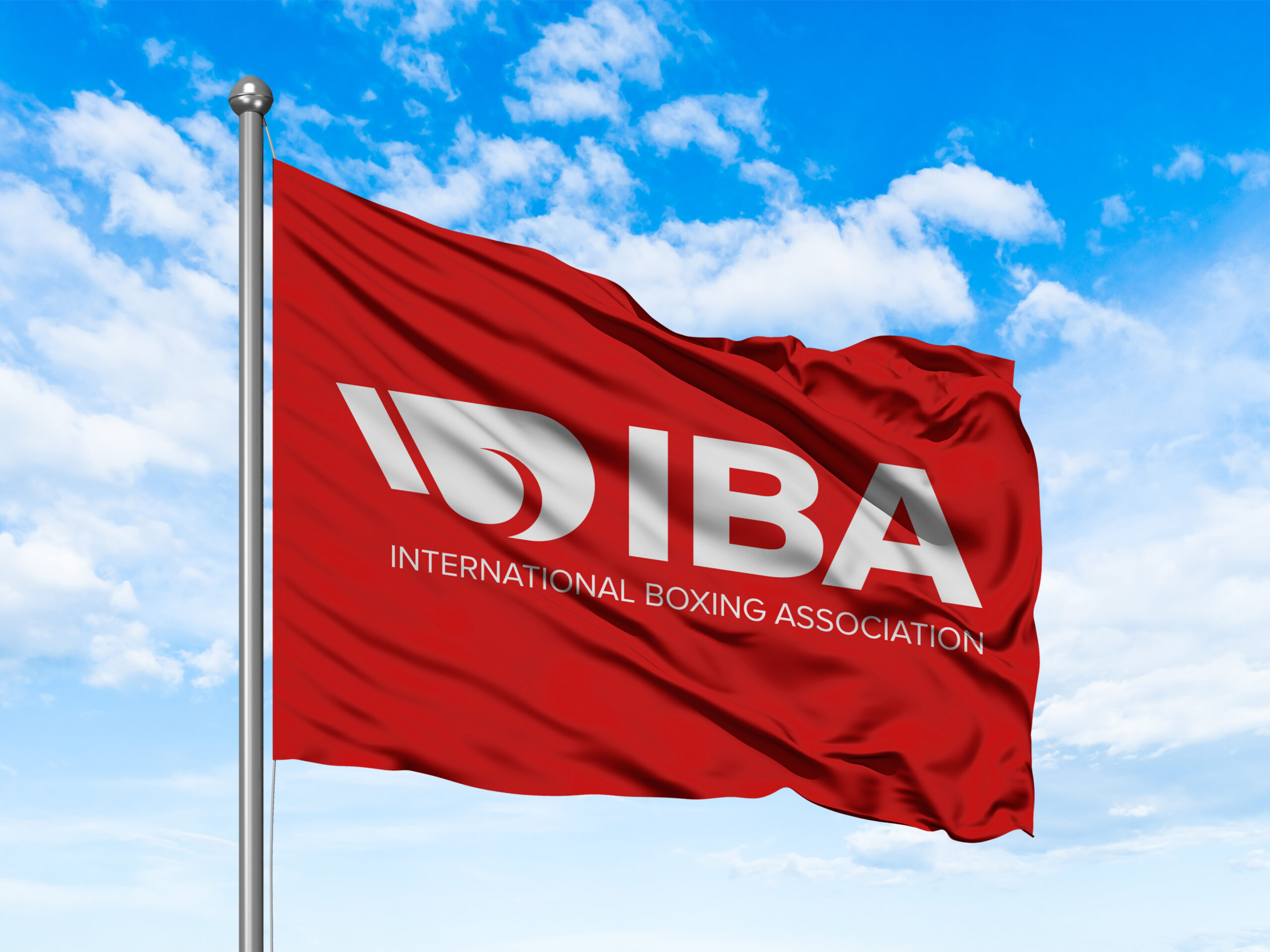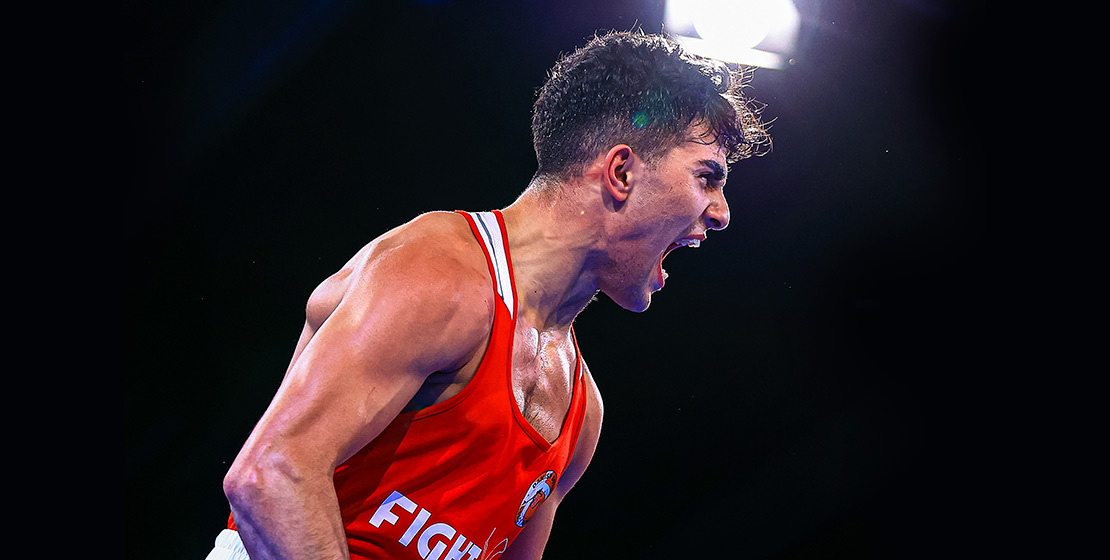Half a century since Havana, looking back at the first Men’s World Boxing Championships
August 17th, 2024 / IBA, International Boxing Day
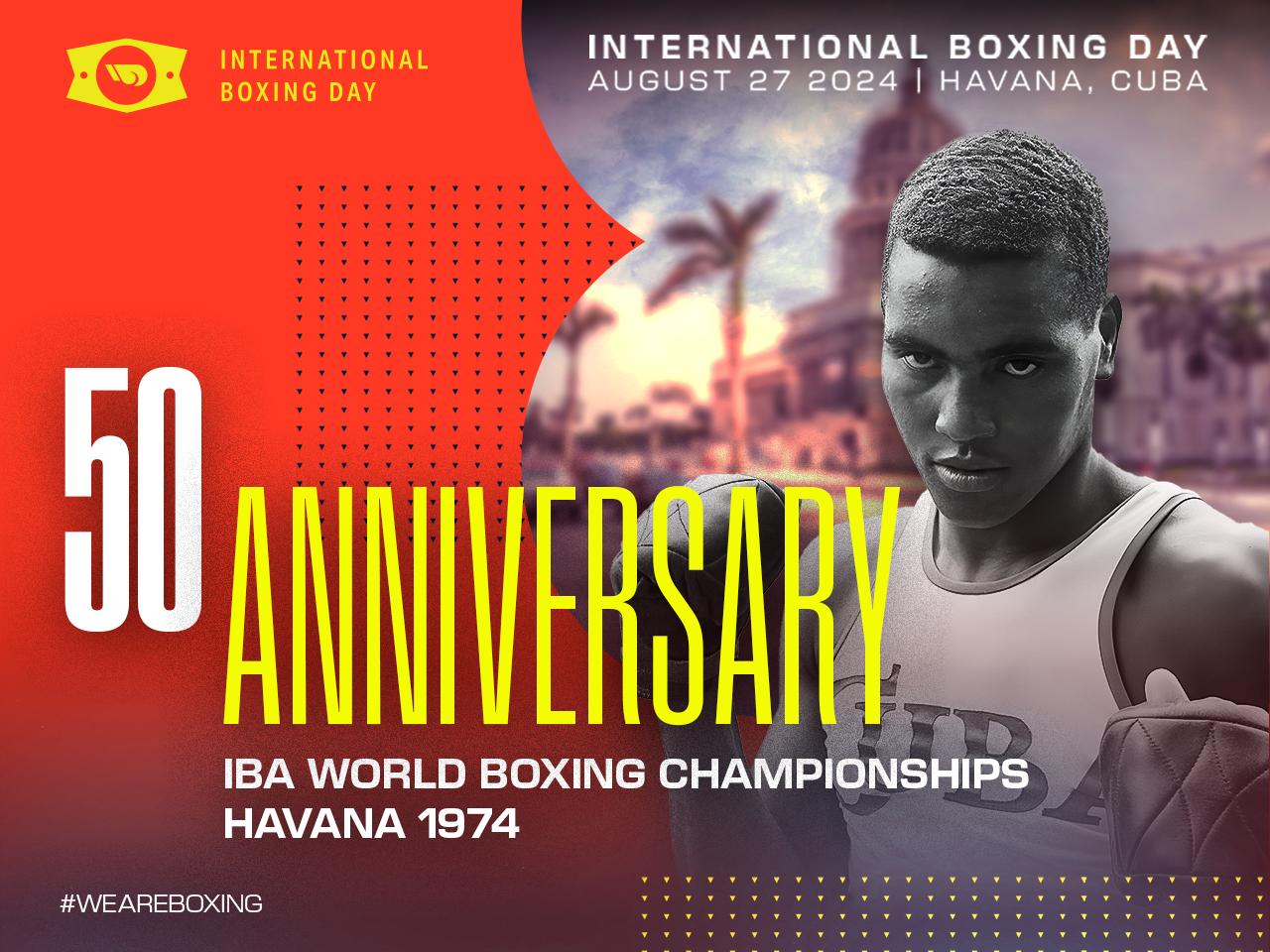
Ask anyone with a strong understanding of the sport and they will likely tell you the 1970s was the best decade in boxing history.
The Fight of the Century between Joe Frazier and Muhammad Ali would start this golden period off in 1971 – a year after Ali was re-instated to fight following his ban for resisting the Vietnam War draft.
Ali was central to the two other pivotal fights of the decade, the Rumble in the Jungle victory in 1974 against George Foreman and the 1975 Thrilla in Manila, defeating his great rival, Joe Frazier.
Just two months before the Rumble in the Jungle, funded to the tune of millions and hosted by the dictatorship in Zaire, a more modest competition was born.
The 1974 Men’s World Amateur Boxing Championships was held for two weeks from 17 to 30 August at the Coliseo de la Ciudad Deportiva in Havana, the capital city of the boxing haven of Cuba.
Somewhat surprisingly, there had never been World Championships for boxing – with the Olympic Games being the only international gathering of boxers prior to this – and athletes would otherwise only be able to test each other on a continental level.
Havana’s hosting felt like the antithesis to the Rumble in the Jungle’s grandiose showcase. Cuba, until 2022, forbade its athletes from turning professional. This ban reflects the nation’s success at the World Boxing Championships and the island nation would claim the most gold medals in the inaugural edition.
Five World champions from the host country were crowned, including Teófilo Stevenson, considered one of their greatest-ever athletes. Stevenson was a three-time Olympic and World champion by the end of his career, even more impressive considering Cuba boycotted the 1984 and 1988 Olympic Games for political reasons, halting the heavyweight from adding to his trophy cabinet.
Considering it was the first edition, an impressive 45 nations participated, bringing 274 competitors. Seventeen countries won medals – more than a third of those in Cuba.
Stevenson’s golden compatriots included Montreal 1976 Olympic champion and 1978 World silver medallist Jorge Hernandez and reigning Olympic champion from the Munich 1972 Games, Emilio Correa. Yet, there were future stars across the 10 podiums.
Starting with Puerto Rico’s Wilfredo Gomez, who was only 15 when he became the youngest boxing competitor at the 1972 Olympics, was now a 17-year-old eyeing up international success. He defeated Cuban Luis Jorge Romero in the bantamweight final before venturing on a professional career that saw him win 32 matches in a row by knockout and held the WBC super bantamweight title for over five years.
1976 Olympic champion Howard Davis from the United States and the Soviet Union’s Rufat Riskiyev, a future silver medallist in Montreal, would be amongst the victors too.
“Gentleman” Ayub Kalule was one of the most prolific of these inaugural gold medallists. The Ugandan defeated Vladimir Kolev from Bulgaria in the light welterweight final after beating Ulrich Beyer of East Germany in the semi-finals. It came months after winning the Commonwealth Games gold medal in Christchurch and just two years after his Havana heroics, Kalule would turn professional, basing himself out of Copenhagen in Denmark. What followed was a five-year winning streak over 36 matches. He won the WBA and The Ring junior-middleweight titles by handing Japanese Masashi Kudo his only career defeat, who opted to retire after his streak came to an end. If Kalule’s streak would end, it would need to come at the hands of someone great – and it did. Sugar Ray Leonard, who notably defeated Beyer on his way to gold at the Montreal 1976 Games, would halt Kalule with a ninth-round knockout on his way to becoming a generational great in the ring.
Leonard was on the US 1976 Olympics team with Leon Spinks who, unlike Sugar Ray, competed at the 1974 World Championships, claiming the bronze medal in the light heavyweight category which was won by Munich 1972 champion Mate Parlov from Yugoslavia. Parlov had a successful professional career as the WBC World Light Heavyweight title, while Spinks, who succeeded Parlov as the Olympic champion, would have mixed fortunes. Although he finished his professional career on a less-esteemed 26-17-3 record, he infamously holds a victory over Muhammad Ali. He became the world heavyweight champion in just his eighth professional fight, the shortest rise to the top in history.
While the Americans had lasting legacies tied to the first World Championships on the professional circuit, it was only fitting that Cuba, a nation that rejected the idea of professional sport, would not only host the first Men’s World Amateur Boxing Championships, but would perform dominantly at them, a precedent for the next 50 years of Cuban excellence in men’s boxing.
____________
Media contacts:
Elena Sobol, Head of Communications & Public Relations, International Boxing Association: elena.sobol@iba.sport


